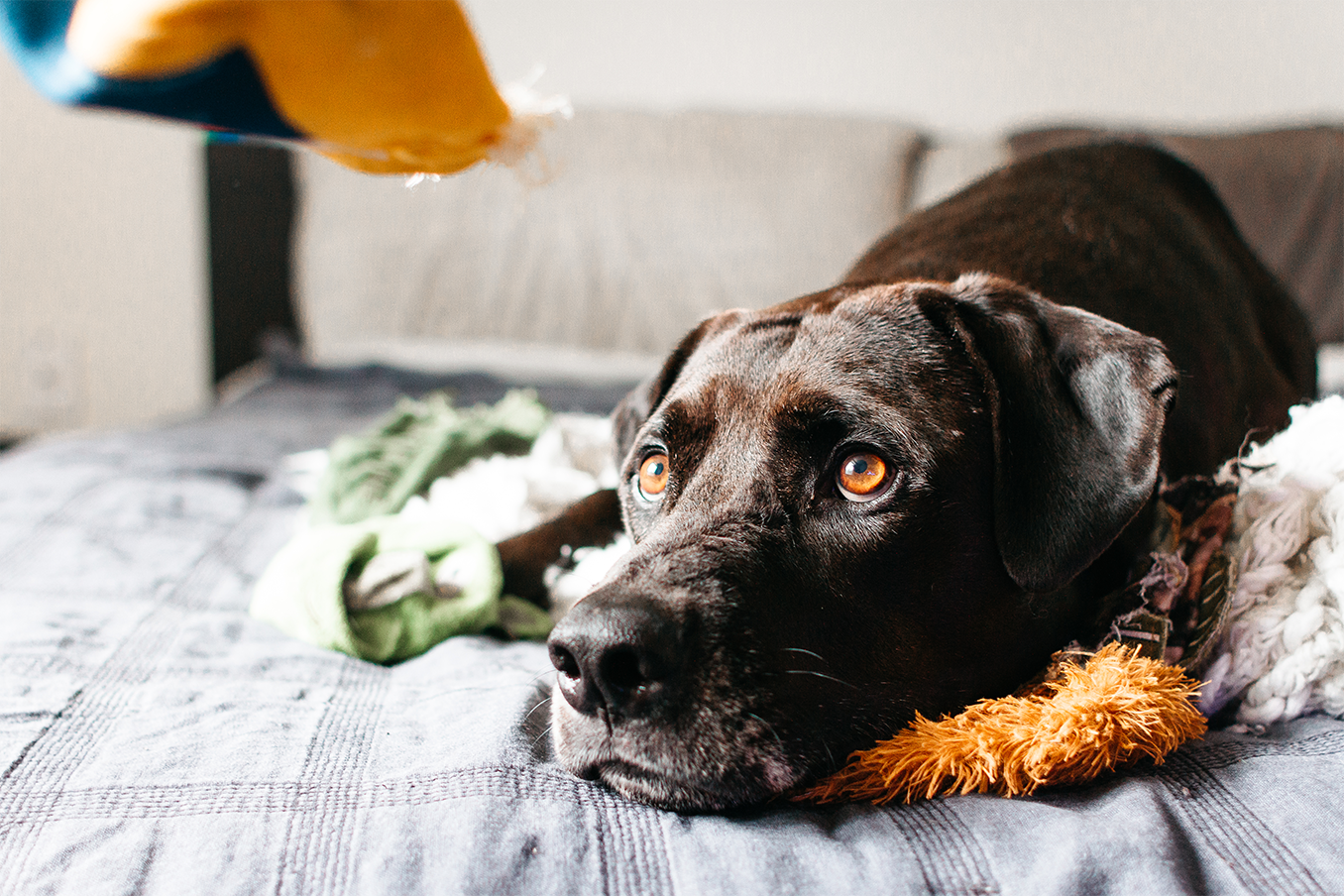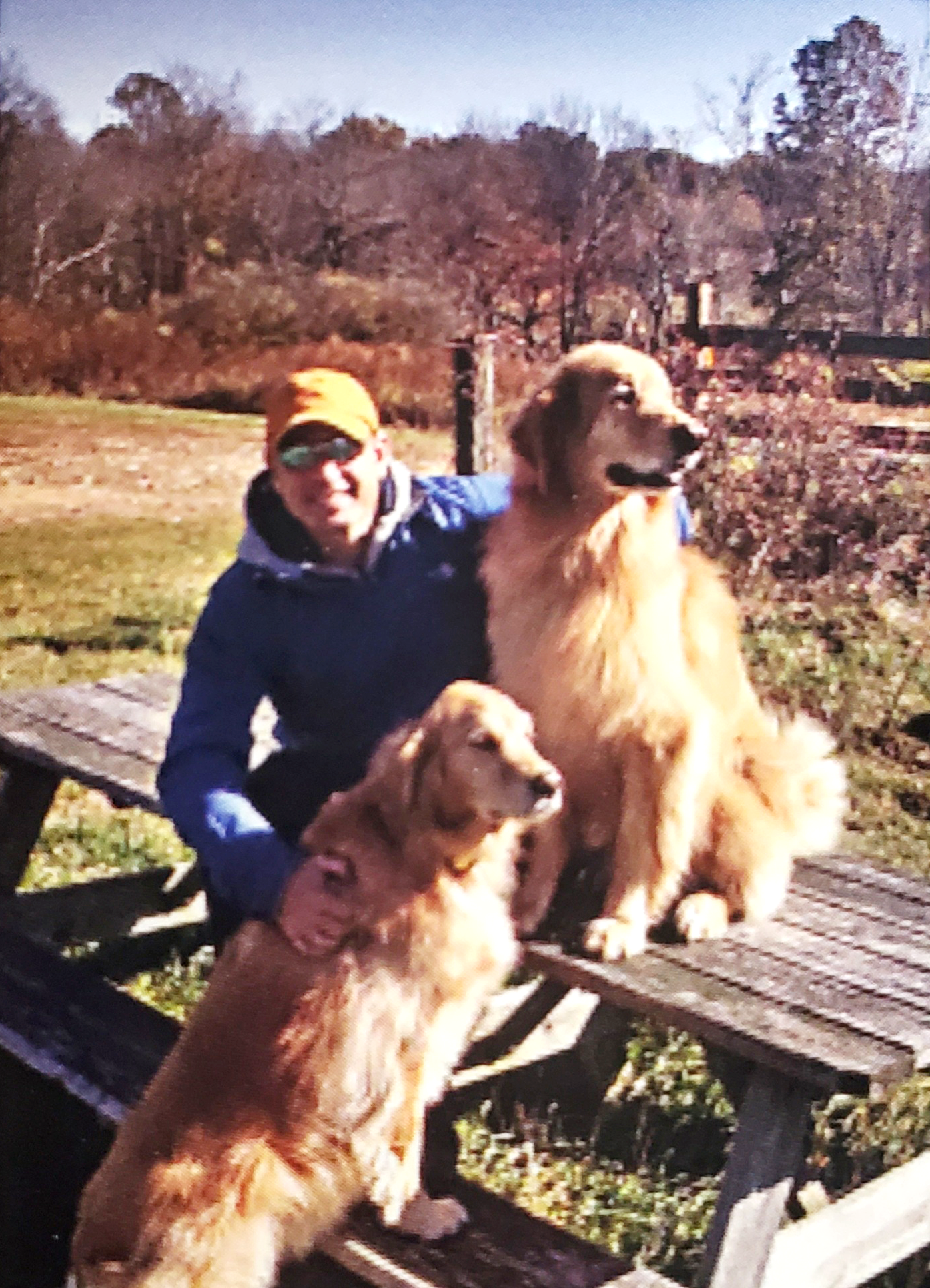The If Your Dog Could Speak series Volume 2: ''So You Rescued a Dog"
By Kristian Hammermueller
As the number of people joining the ranks of Rescue Parents increases, so In turn, does the opportunity for me to work with their respective dogs. This opportunity has afforded a few behavioral observation noteworthy of sharing. My hope is that these observations will resonate with current and future adoptive parents such that the smoothest possible transition to their homes is facilitated.
The main ingredient of a successful transition, Love, is no doubt powerfully influential and is something I wish to consider. Not only is it the reason you adopted, but it serves as the driving force that shapes the direction of your relationship. Unfortunately, it is this exact same positive feeling that can serve to be a steady source in the unintentional formation of bad behaviors, transitional strain, stress, and ultimately lead to a dog’s return to the shelter they came from. How this happens is a consideration all who have adopted or are contemplating adoption should make.
It is not uncommon that I am called upon to evaluate and help families with rescued dogs exhibiting some degree of separation anxiety and/or hyper-attachment. If one of our goals as dog parents is having a pet comfortable in his or her own skin, consider these behaviors roadblocks impeding the
path to a dog’s happiness. The resulting frustration, believe it or not, might just be due to a lack of preparation on the owner’s part.
Prior to picking up your new pup, you may have already done things like selecting dog food, designating times for exercise and going to the bathroom, choosing the right leash and collar, etc., but have you prepared yourself psychologically? Remind yourself that even with the noble efforts of employees and volunteers, dog shelters are a tough place to come from, and despite your plush couch, flat-screen television, and fully stocked kitchen, your house can be seen as an alien stress circus with you as its ringleader. Knowing this, a natural human reaction is to want to convey to your new dog the notion that he or she is “Home now”, and all is okay. We sit for long lengths of time petting him or her assuredly pondering the possible cruelty or neglect they have endured. From a reinforcement point of view however, a dog is potentially being desensitized to the stresses of their new environment while simultaneously being coddled… Big Mistake.
Most dogs are surprisingly resilient, despite their individual histories, and will acclimate to their new home just fine without being felt sorry for. Out coddling, the well-meaning manifestation of our love-fueled sympathy serves as a conditioned reinforcement tied to a consistent variable – you the primary handler. As familiarity affords the rescued dog less time allocated to processing or getting used to their new day to day environment, more frequent self-expression and a feeling of comfort will be exhibited. Unfortunately, this new feeling of well-being is often linked, in part, to the presence of a constant. The owner and their lavish praise. Take it away, and the dog is no longer comfortable and will possibly act out when being separated. When left alone, such dogs might bark excessively, urinate/defecate in the house, or even destroy things. This is the point I usually get the call and wish I were able to generate the 1.21 gigawatts necessary to power a DeLorean back to the day the dog arrived simply to provide this simple message – “Be patient”. Allow your dog to acclimate without the added burden of feeling sorry for him or her and subsequently trying to compensate for lost time with love smothering. I am not suggesting you
ignore the dog, rather prepare yourself mentally on how you might help the situation by keeping that compensating instinct in check and backing off a bit thereby enabling the best chance for the formation of a healthy bond. Dogs have a way of making us feel loved whether it be via their outward affections or simple presence. For some, it goes so far that our four-legged shadows serve as validation and reminder that we are wanted and matter – their following us from room to room and whines or protest to our departure a source of pride. To these people I ask if you love your dog do you really want them
living in a stress-filled world in which solace is singularly provided by your presence? Sometimes a dog’s predisposition combined with individual history makes such a situation all but unavoidable, however, we owe it to them to at least try to prepare ourselves so as not to set them up for failure. So ground your helicopter – it’s not helping and, if anything, probably having the opposite effect.
Remember you and your dog are in this for the long haul and are looking to have many beautiful years together. To all who have rescued a dog: Thank you, and Congratulations. In over 20 years of training, I can only hope I have done right by the numerous dogs I have tried and will continue to strive to the best of my ability, to see through the eyes of an serve as their interpreter. It is in this spirit I humbly serve and offer as their mouthpiece sincere thanks to all who have opened simultaneously their hearts and doors to a canine soul in need of acceptance. In addition, congratulations on reaping all of life’s resultant gifts that accompany this commitment and journey – they will last a lifetime. Remember, the first couple of months are merely a step, and with patience and the right preparation, one in the right direction.


